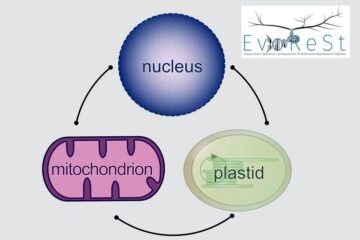Low Power Imaging – LPI NMR – Nuclear Magnetic Resonance Method for sensitive and mobile applications

Miniaturised NMR is of growing importance in bio-,
chemical, and material sciences. Only excitation sequences with ideal power distribution in both the time domain and the frequency domain qualify for use in miniaturised NMR. In experiments these sequences show further superiority because of an increased sensitivity in terms of low excitation peak power and high response peak power. Portability issues raise the need for minimised power supplies and amplifiers. Also, when investigating explosives, power limitations apply. Either the response peak power is low (noise excitation) or the technology is outdated (rapid-scan NMR). The advantage of LPI NMR is that the excitation power can be decreased by several orders of magnitude with pulse modulation that achieves the effect of a frequency sweep. It also fits the need for lower excitation power in MRI application due to a lower radiation dose.
Weitere Informationen: PDF
PROvendis GmbH
Tel.: +49 (0)208/94105 10
Ansprechpartner
Dipl.-Ing. Alfred Schillert
Media Contact
Alle Nachrichten aus der Kategorie: Technologieangebote
Neueste Beiträge

Neuartiges Material für nachhaltiges Bauen
Innovativer Werkstoff für eine energieeffiziente Architektur: Forschende des Karlsruher Instituts für Technologie (KIT) stellen in der aktuellen Ausgabe der Fachzeitschrift Nature Communications ein polymerbasiertes Material mit besonderen Eigenschaften vor. Das…

Neues Antibiotikum gegen Erreger der Flussblindheit und Lymphatischen Filariose
Prof. Achim Hoerauf, Direktor des Instituts für Medizinische Mikrobiologie, Immunologie und Parasitologie des Universitätsklinikums Bonn (UKB), und seinem Team ist es in Kollaboration mit der Abteilung Pharmazeutische Technologie und Biopharmazie…

Evolutionäre Genomik: Folgen biodiverser Fortpflanzungssysteme
Die Deutsche Forschungsgemeinschaft (DFG) fördert die Einrichtung eines neuen Graduiertenkollegs (GRK) in der Biologie an der Universität Göttingen. Das GRK mit dem Titel „Evolutionary Genomics: Consequences of Biodiverse Reproductive Systems…

















